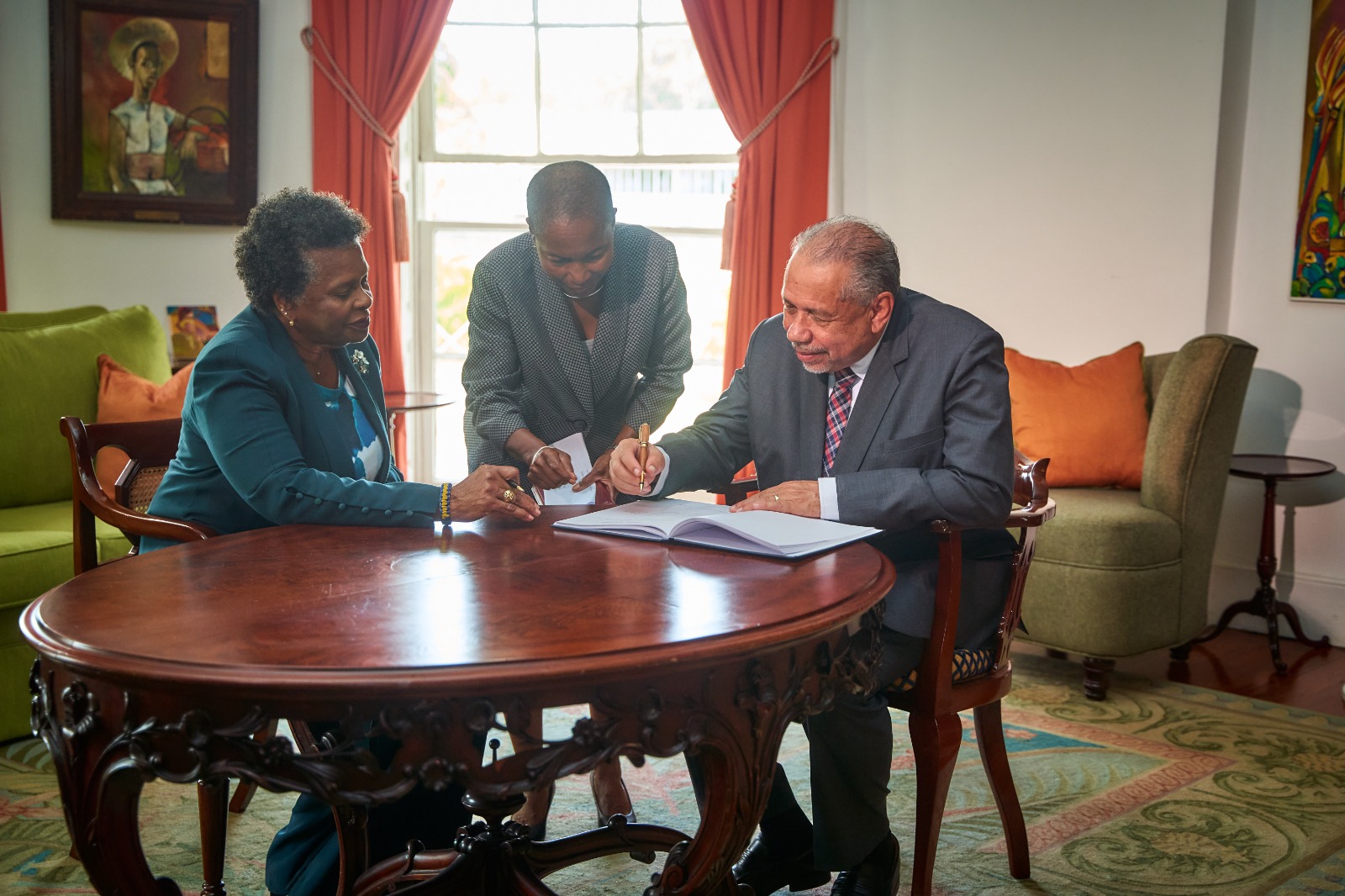Submitted by Mahogany Coconut Group
Many regional commentators are of the firm opinion, that the post COVID-19 economies, will have to consider putting the Agriculture industry, at the forefront of economic planning. While we certainly do not want to engage in pessimism, we suspect that some who share this view, may be quite optimistic and are avoiding historical truths.
The belief that the region should feed itself is nothing new. Over forty-five years ago, the then Prime Minister of Trinidad and Tobago addressed the “The Caribbean Food Crisis” and the need to halt the level of food imports. Williams saw the inability of the region to deal with the Energy Crisis as directly linked to our failure to produce more food and create a vibrant regional agricultural sector. His analysis of the social and economic negatives resulting from the damage that food imports were creating in regional economies, are as relevant now as they were almost a half century ago.
In addresses quoted at the end of this article, Williams spoke of the stigma that young people attached not only to agriculture but to the actual foods they consumed. Indeed, he spoke of how our eating habits and the preference over imported food were rationalized. He also showed how the growth of the tourism industry was influencing food preferences, that were instrumental in driving imports
Against this background, we are forced to conclude that those negatives are more severe now than they were a half century ago. Since Williams spoke, tourism has become the major industry in several islands. Some of these islands, are now literally bankrupt because the COVID-19, has wiped out the tourist industry, for what is being hoped would be temporary period.
The stone that the builder refused (Agriculture) is at present being seen as the new corner stone, in what will be post COVID-19 regional economies. We can only hope that we do not repeat the errors made a half century ago.




Leave a Reply to Hal AustinCancel reply